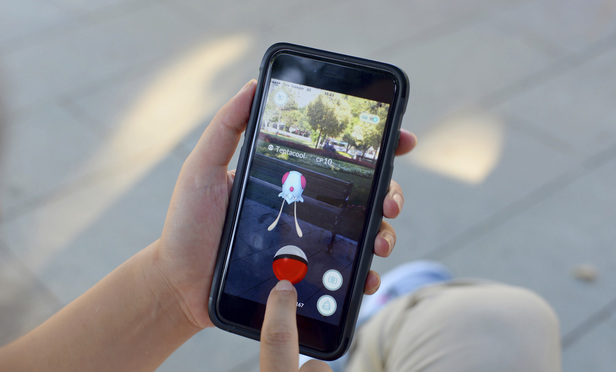While not a new technology, augmented reality (AR) became mainstream worldwide phenomena in 2016. But like any untested consumer technology, it faces fine-tuning to adopt to the laws and society around which it seeks to transform.
One of the best examples is Niantic’s Pokémon Go AR game, a seminal platform launched in 2016 which uses AR technology to superimpose interactive Pokémon characters onto what a user’s mobile phone’s video camera captures. In addition to wide fame and success, the game has also run into an array of unique lawsuits.



